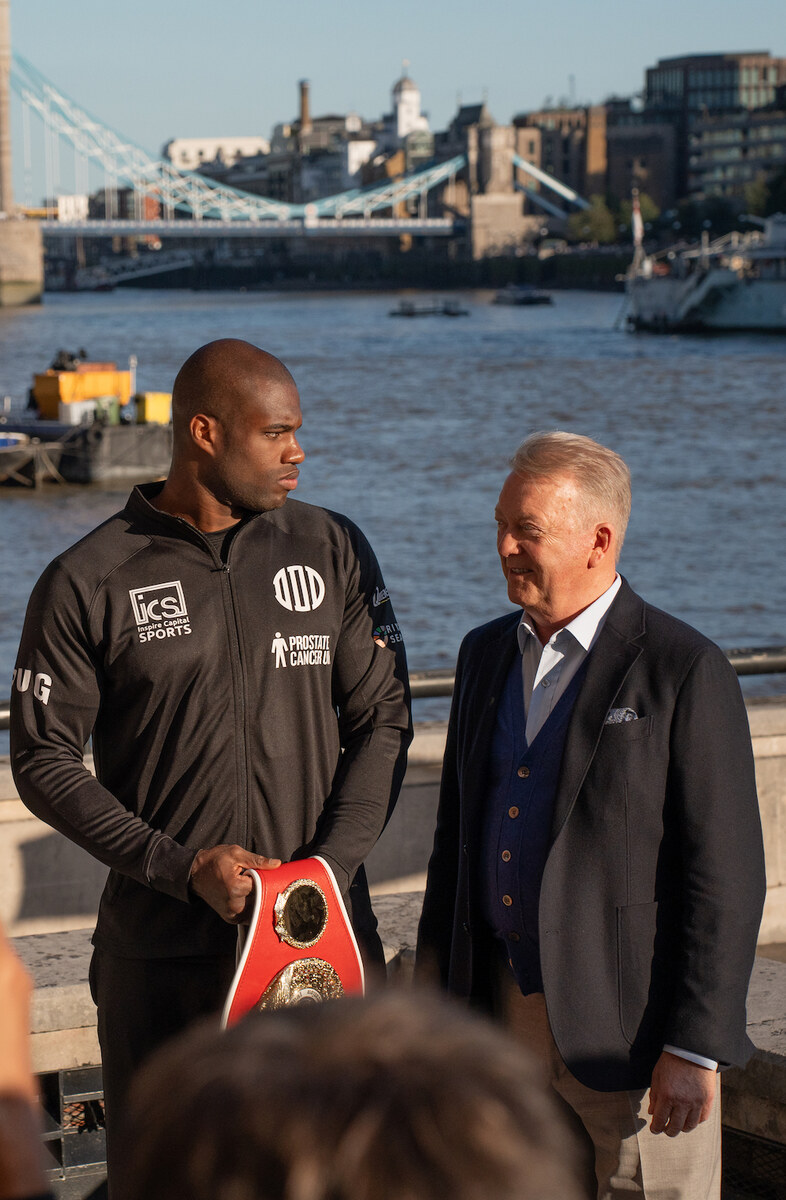LONDON: After much jostling for position between the eight teams in the round robin group stages of ILT20 2025, the two finalists which emerged were beaten finalists in the two previous years.
In 2023, the Desert Vipers were beaten by the Gulf Giants and in 2024 MI Emirates defeated the Dubai Capitals. Thus, it was guaranteed that 2025 would see first-time champions.
Although the Vipers had led the way in the group stage, the Capitals seemed to have a hold over them, having beaten them in both group stage matches. This ascendancy was confirmed when the Capitals triumphed off the last ball of the first qualifier to condemn the Vipers to the second qualifier and elevate the Capitals directly to the final.
The Vipers then reached the final via the second qualifier by beating the Sharjah Warriorz, who improved on their 2024 performance by some measure.
As tournaments mature, historical performance begins to generate rivalries. The one between the Capitals and the Vipers has begun to do that. In the final, there was added piquancy in that both captains were English and both have played for England.
Sam Curran captained the Desert Vipers because the appointed captain, Lockie Ferguson, had suffered a hamstring injury toward the close of the first qualifying match against the Delhi Capitals. This ruled him out of the rest of the tournament.
On the revolving circus that is franchise cricket, Sam Billings, the Capitals captain, had previously played with the Vipers in 2023. Who knows how much his release from them motivates him when pitted against his former team. This year, Billings joined the Vipers squad in time for the final two group stage matches after playing in the final of the Big Bash in Australia.
His impact seems to have been immediate and, confident as he is, he will play that down. Captaining and organizing a group of elite cricketers is a special skill and Billings honed this to perfection in this year’s tournament.
Each team, their captains and coaches talk of game plans. These are framed according to the squad’s own strengths and weaknesses relative to those of the opposition. After the final, Billings talked of being blown off the Capitals’ game plan by the loss of early wickets in pursuit of a target of 190. At 31 for three after 4.5 overs, the Capitals were in some trouble.
This situation looked to worsen for them at the beginning of the eighth over when Rovman Powell was given out stumped, following a smart piece of wicketkeeping by Azam Khan down the leg side. The score was 46 for four, but drama ensued.
As Powell trudged off the field, he was asked to wait while the third umpire checked the dismissal. There are moments in cricket which are arcane and quite difficult for the uninitiated to comprehend. What unfolded was one of those moments.
Law 27.3.1 states that “The wicketkeeper shall remain wholly behind the wicket at the striker’s end from the moment the ball comes into play until a ball delivered by the bowler touches the bat or person of the striker or passes the wicket at the striker’s end or the striker attempts a run.”
Law 27.3.2 then states that “In the event of the wicketkeeper contravening this law, the striker’s end umpire shall call and signal no-ball as soon as applicable after the delivery of the ball.”
After reviewing the action, the third umpire ruled that the wicketkeeper had not taken the ball with his hands fully behind the stumps. In this case it was millimeters of one, maybe, two fingers.
Powell was reprieved, a no-ball was awarded and, to add insult to injury for the Vipers, Powell hit the next ball, which was a free hit, for six. He then went on to club 63 runs, setting the base for some brutal hitting in the final overs by Dasun Shanaka and Sikandar Raza.
Ultimately, their experience triumphed over some inexperienced bowling at the close of the innings. Billings referred to this in his post-match interview as a facet recognized in their game plan.
The stumping decision was the seminal moment in the match. It seemed harsh on Khan, who had reacted superbly to the ball as it passed the batter down the leg side, pouching it in his left hand, before breaking the stumps with the ball in both hands.
Spectators do not have the benefit of seeing the action in slow motion, multiple times, as did the third umpire, and can only defer to that superior position.
In this context it is ironic that, prior to the match, Simon Taufel, who leads the tournament’s panel of officials, made himself available to talk to members of the press. Taufel, widely regarded as one of the best umpires in the history of the sport, stood as an elite umpire between 2000 and 2012.
He stressed the high caliber of umpires on the ILT20 panel and the developmental work which it does to build local umpiring capacity.
Top level professional cricket matches require not just two on-field umpires, but a third off-field umpire and a match referee. Throughout ILT20 2025, Taufel and the former Sri Lankan player Roshan Mahanama have acted as match referees.
He referred to their role as one of assessors. This necessitates a report on each official for each of the 34 matches played in the tournament.
The tournament had deployed two specialist TV umpires and Taufel was keen to point out that, up to that point in the tournament, the third umpire had not made a mistake. Furthermore, the on-field umpires had got 92 percent of decisions correct. The stumping incident arose to test those levels in the tournament’s pinnacle match.
In-match decisions by officials are the visible part of their jobs. Taufel emphasized the amount of training and preparation which goes on behind the scenes. He revealed that officials have coaches who push and support their development.
A part of his work and that of his panel is to raise the standards of officiating alongside those of the playing strength. This is in line with the objective of growing cricket in the UAE, not just for players but also the landscape for officials, both men and women.
The creation of pathways of opportunity means providing access to international standards. Local officials are given opportunities to shadow experienced international officials. An international coach was engaged for the first week of the tournament to develop local talent. Taufel said that he had been impressed by the passion and enthusiasm of this talent, their eagerness to learn and their aspirations to officiate on the international stage.
This developmental theme was echoed afterwards in a separate interview with David White, the CEO of the DP World ILT20. I asked him when he expects the startup status, which he has accorded the tournament in previous discussions, to develop into something more mature. His reply was to reveal that he thinks it has gone past that stage.
This view is based on heightened levels of competition between teams, much enhanced social media awareness, and attraction of world-class players and officials, coupled with clear evidence of developing local UAE talent.
Another criterion which will be used to judge this, once data becomes available, is audience viewing figures. Apparently, initial indications are of an upward trend. All of this bodes well for the tournament in the increasingly competitive world of franchise cricket.
































